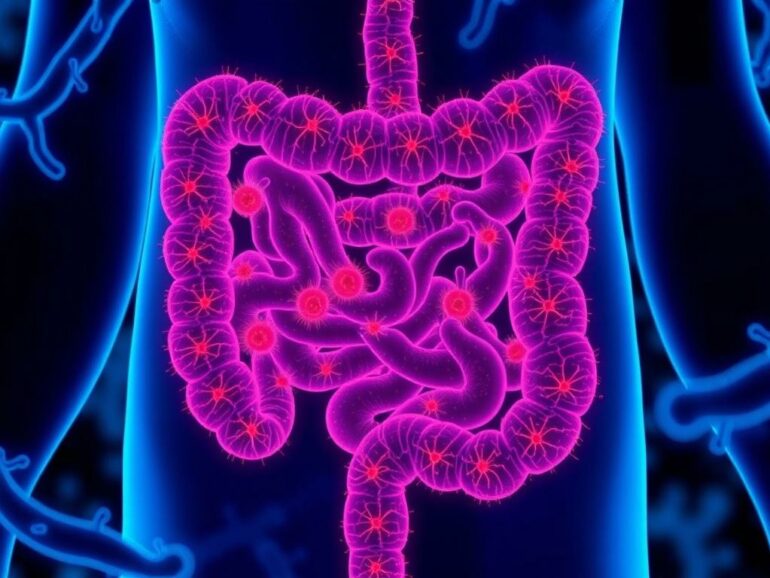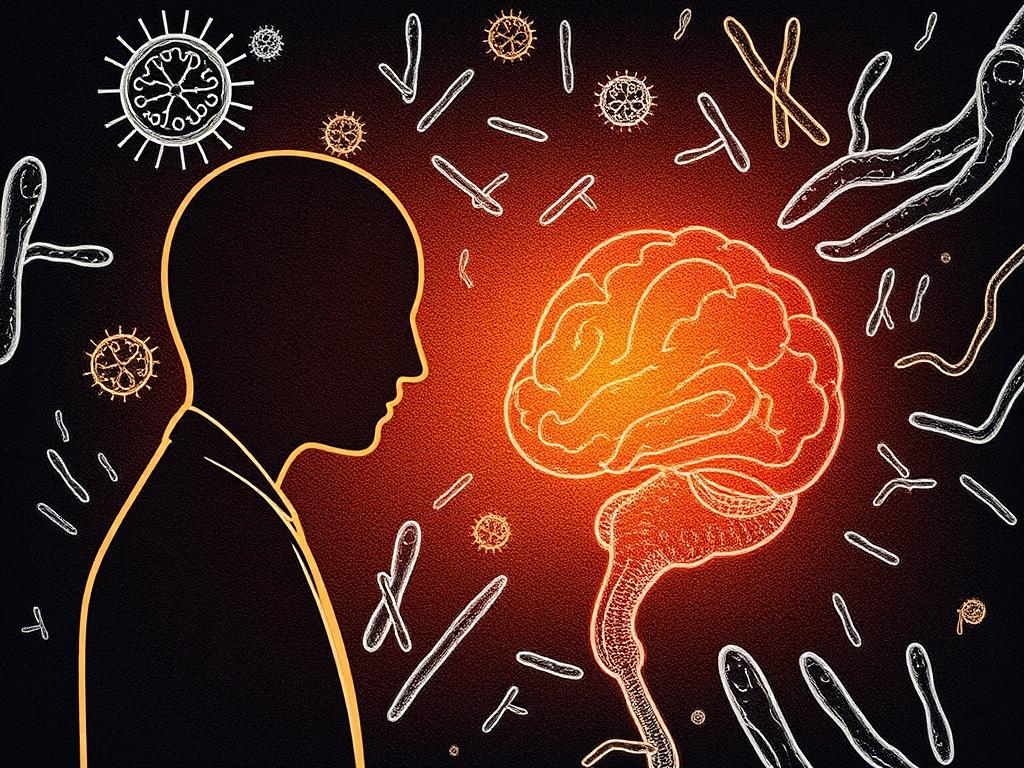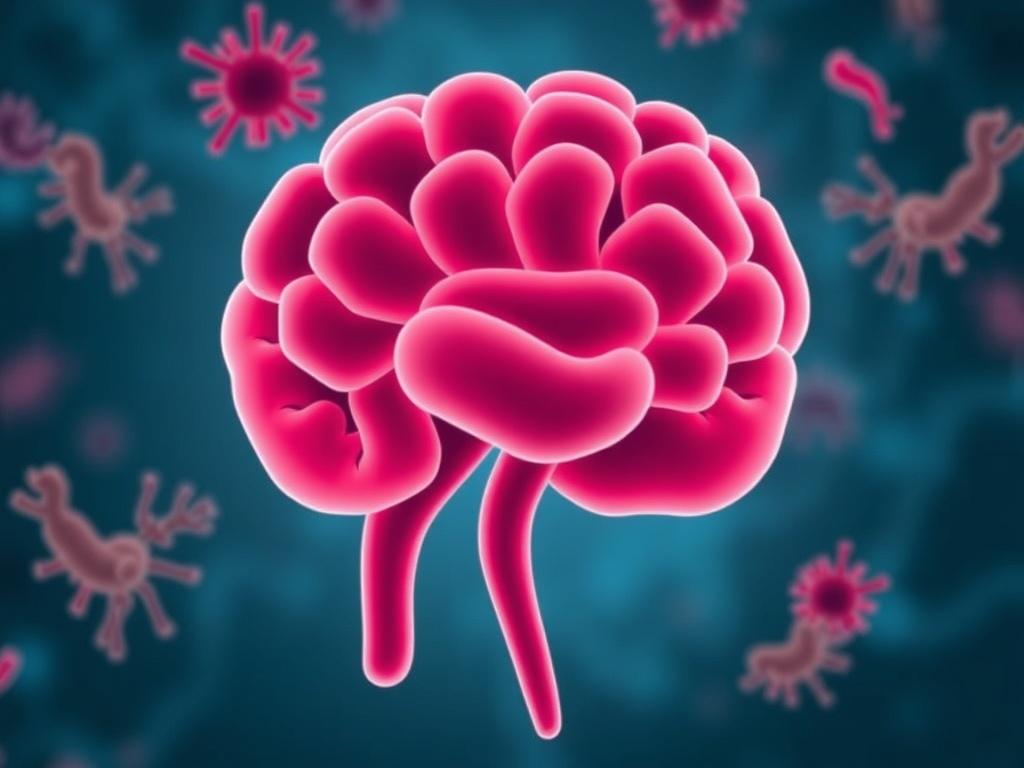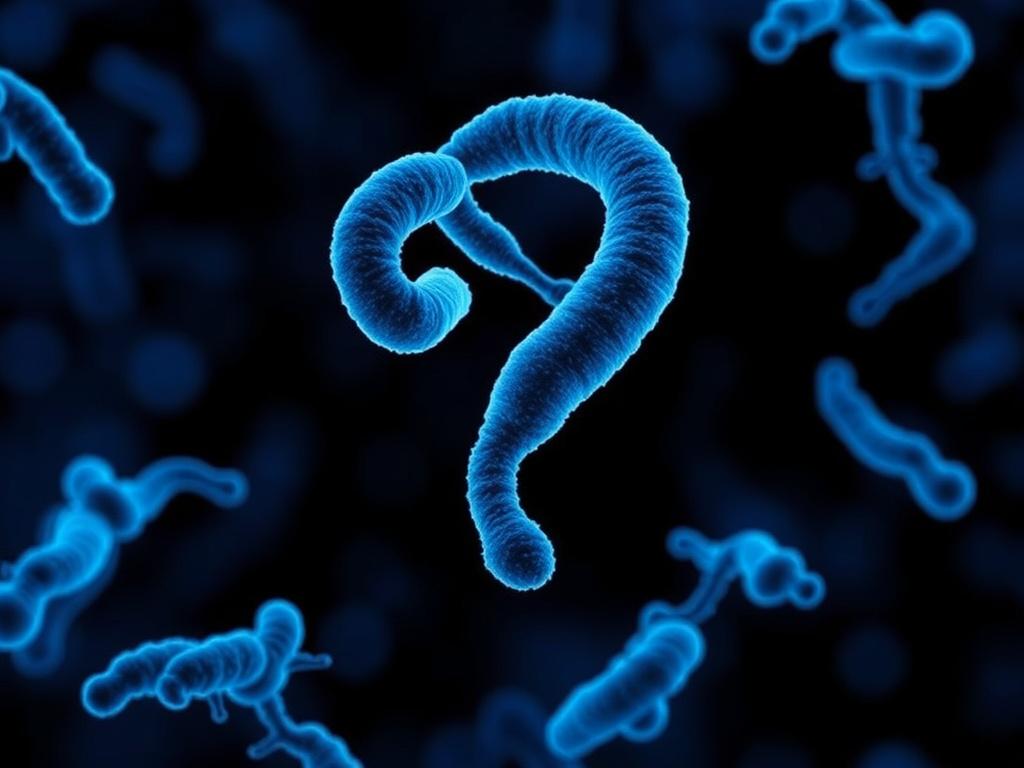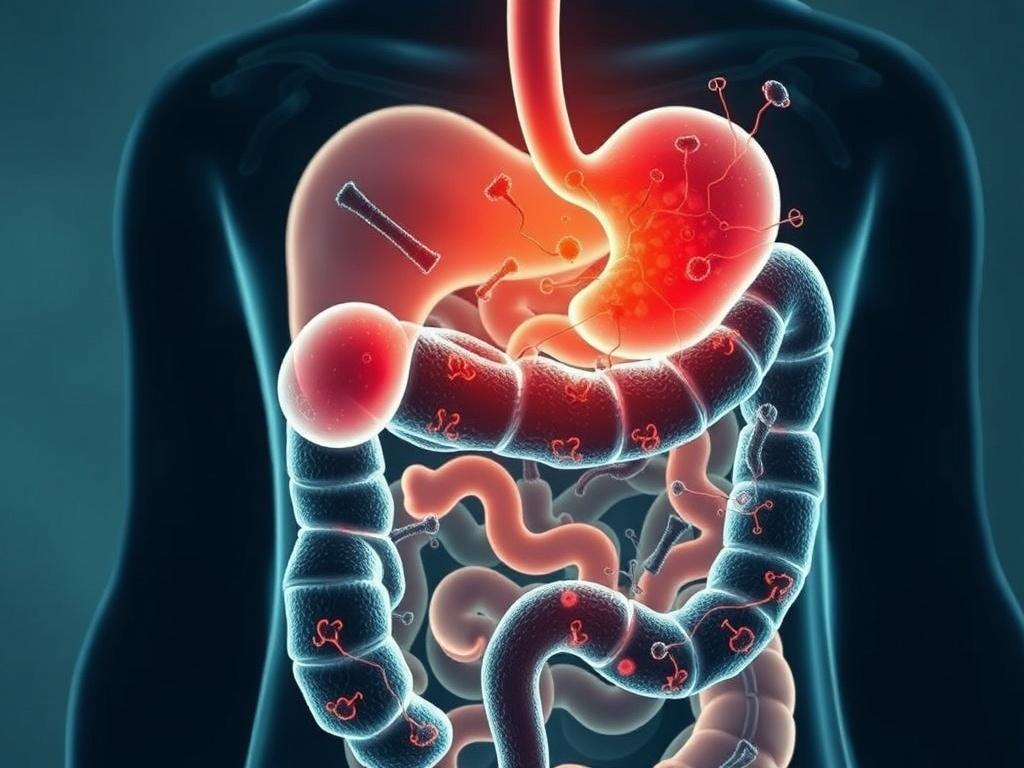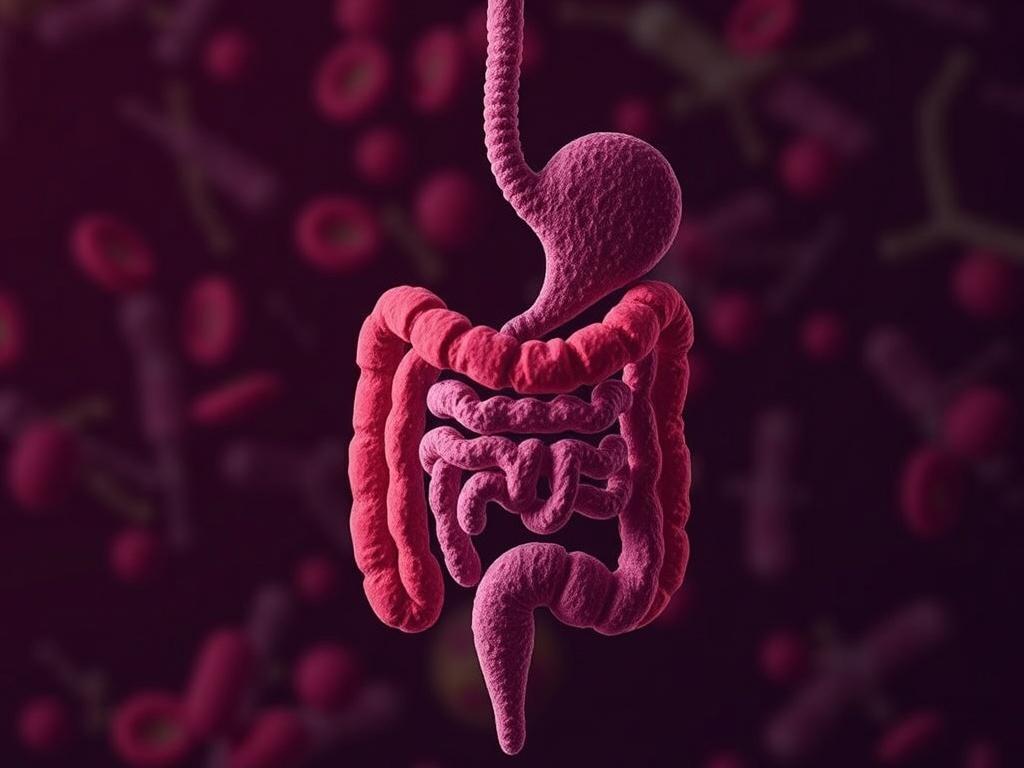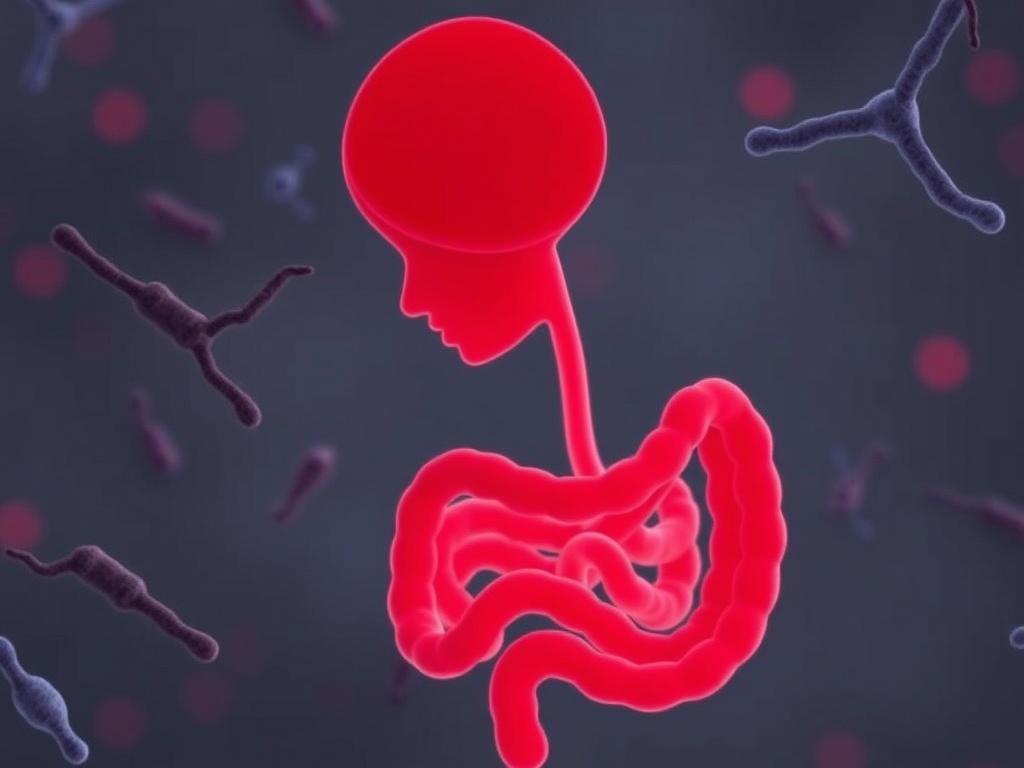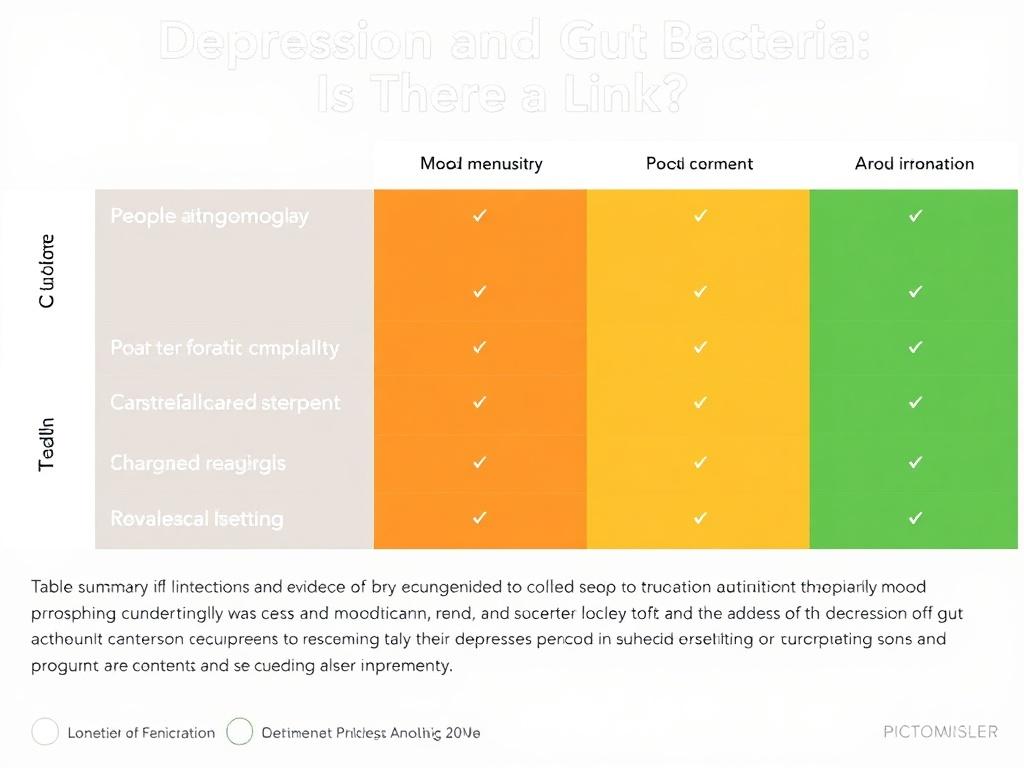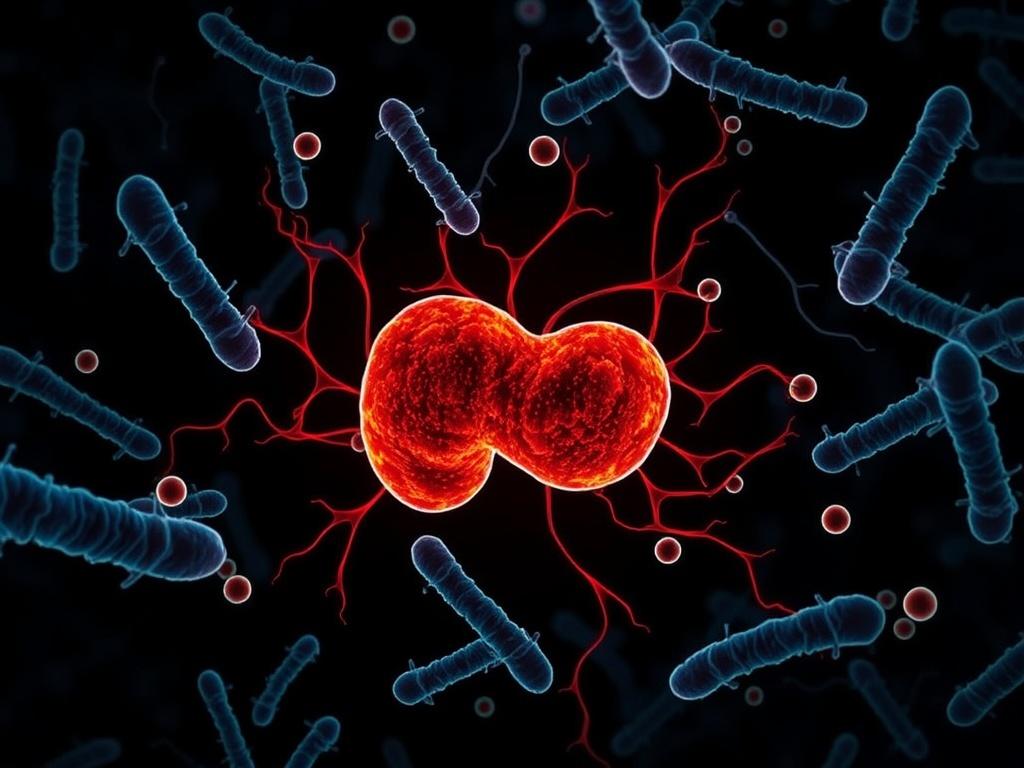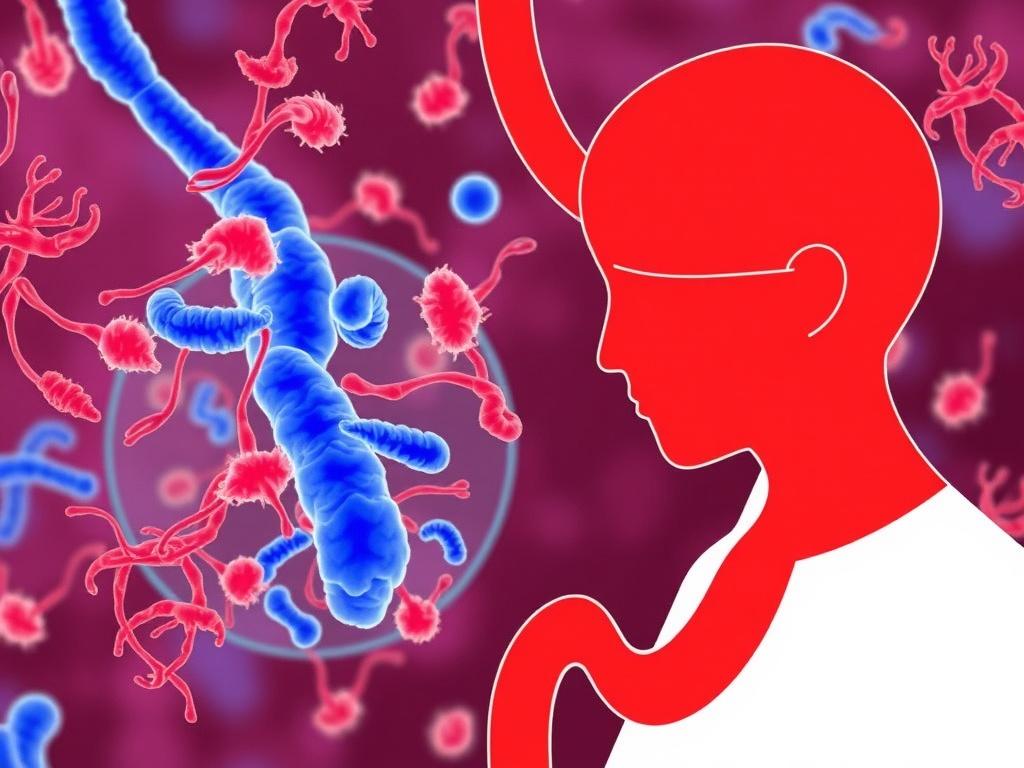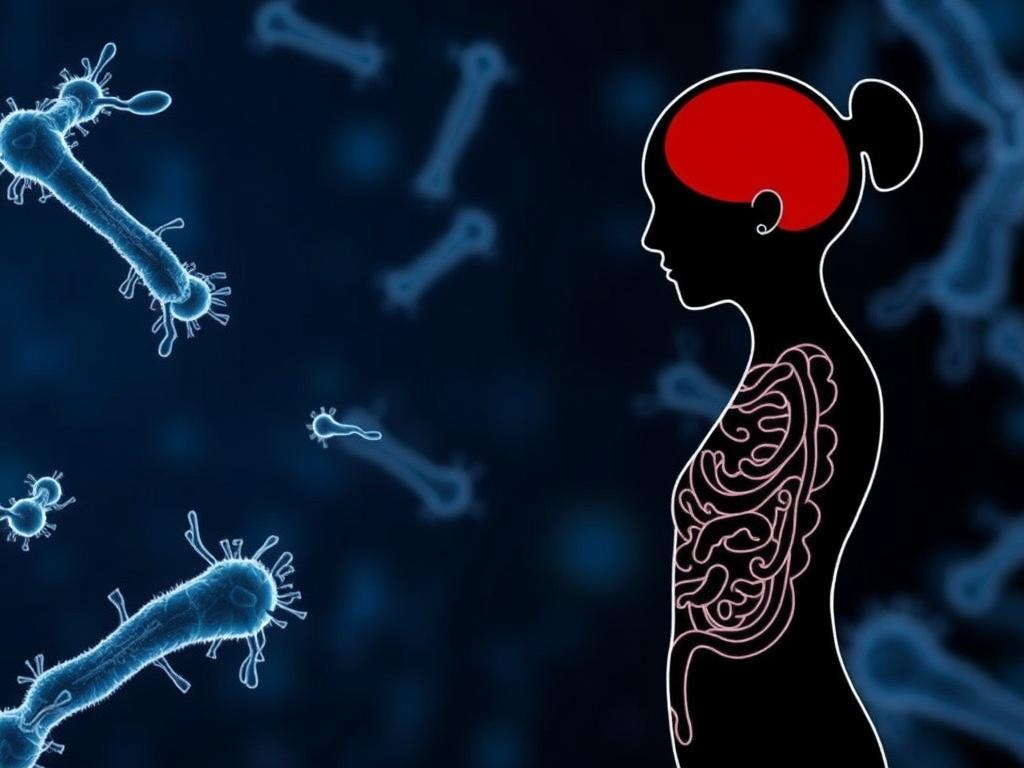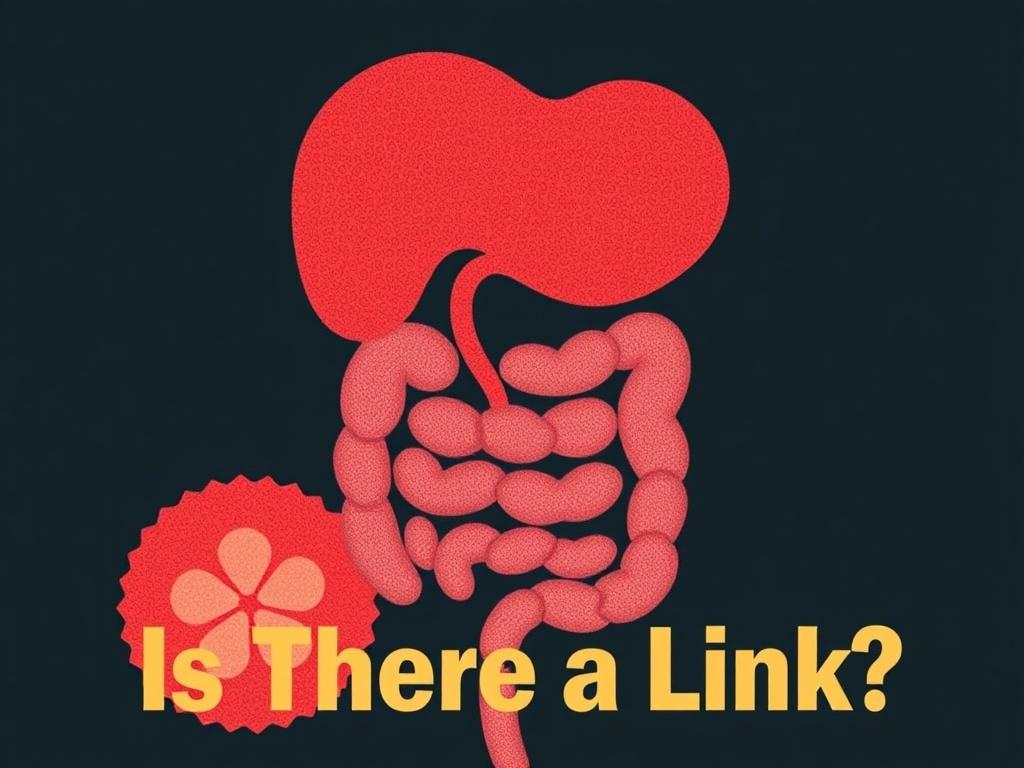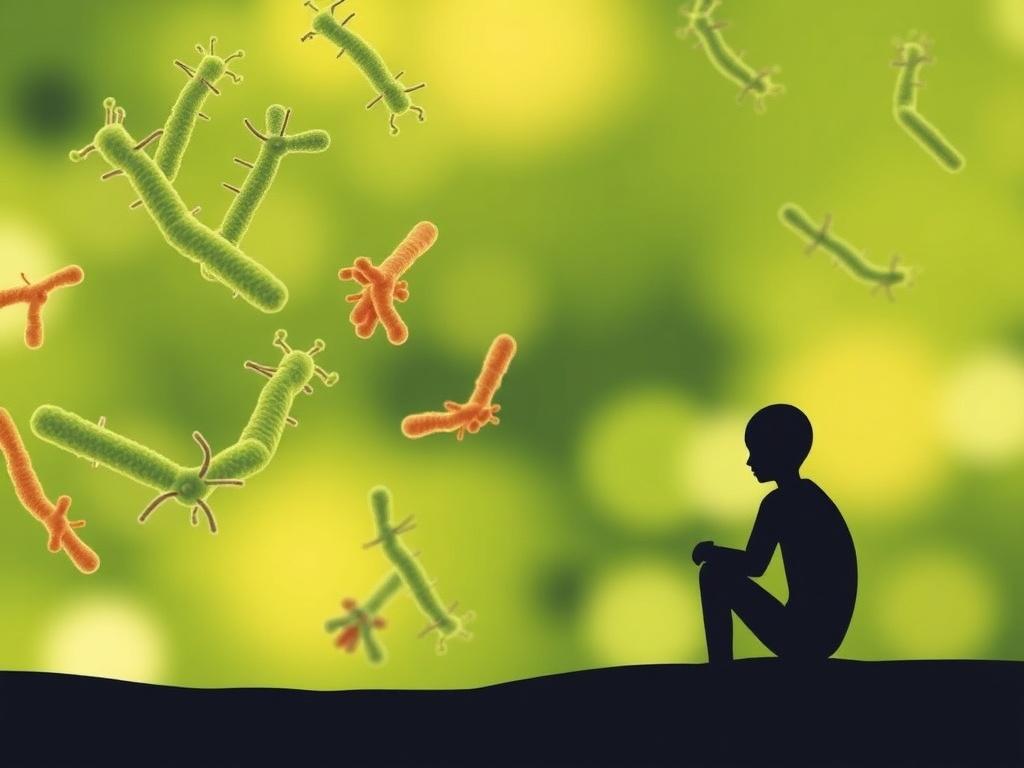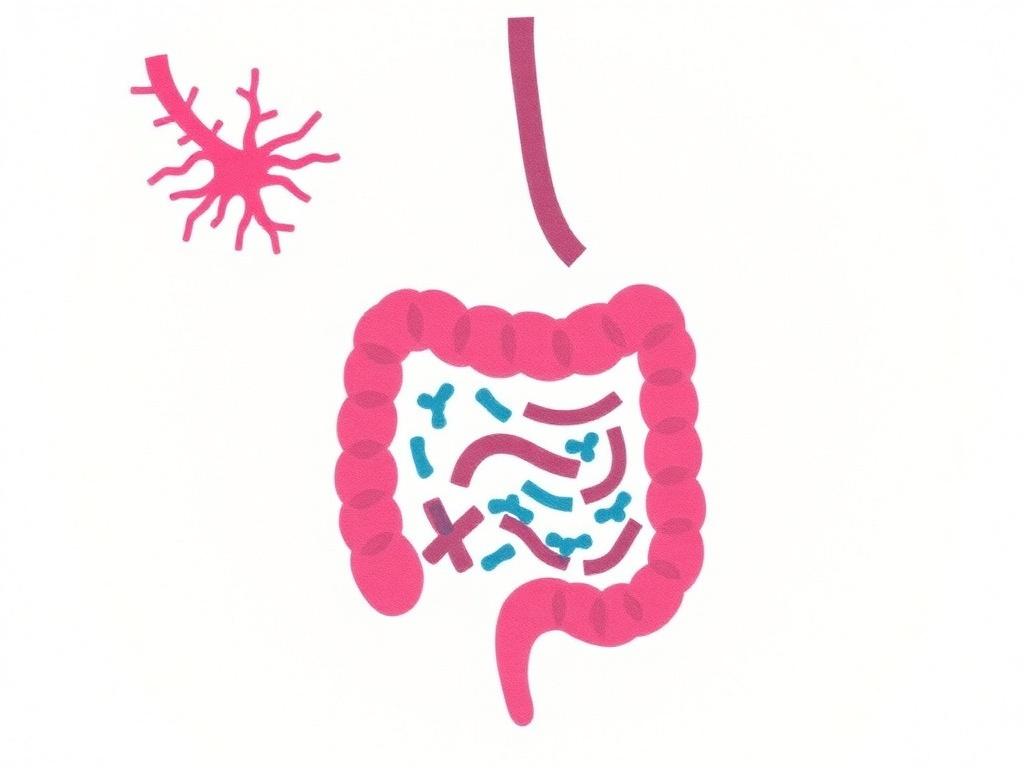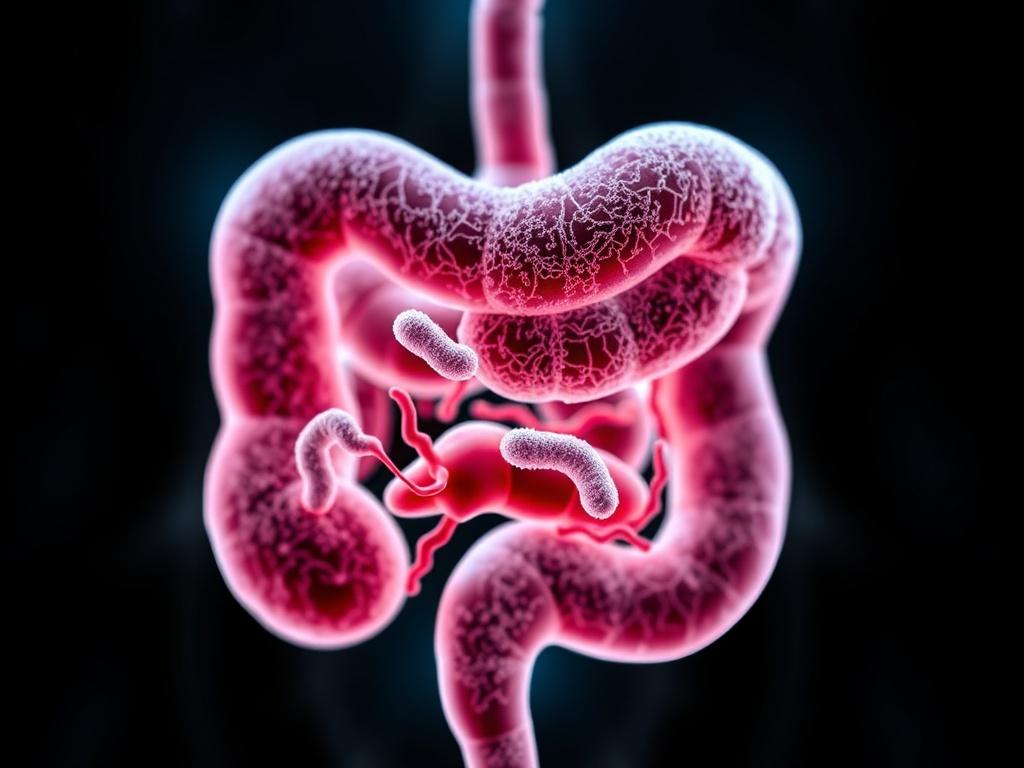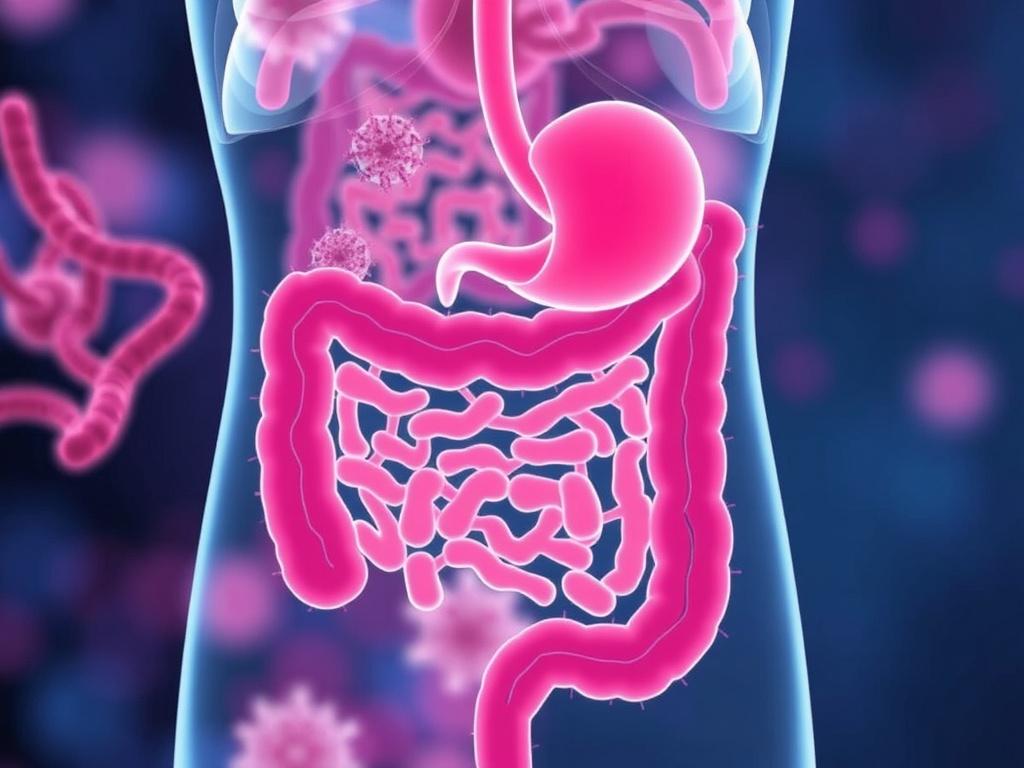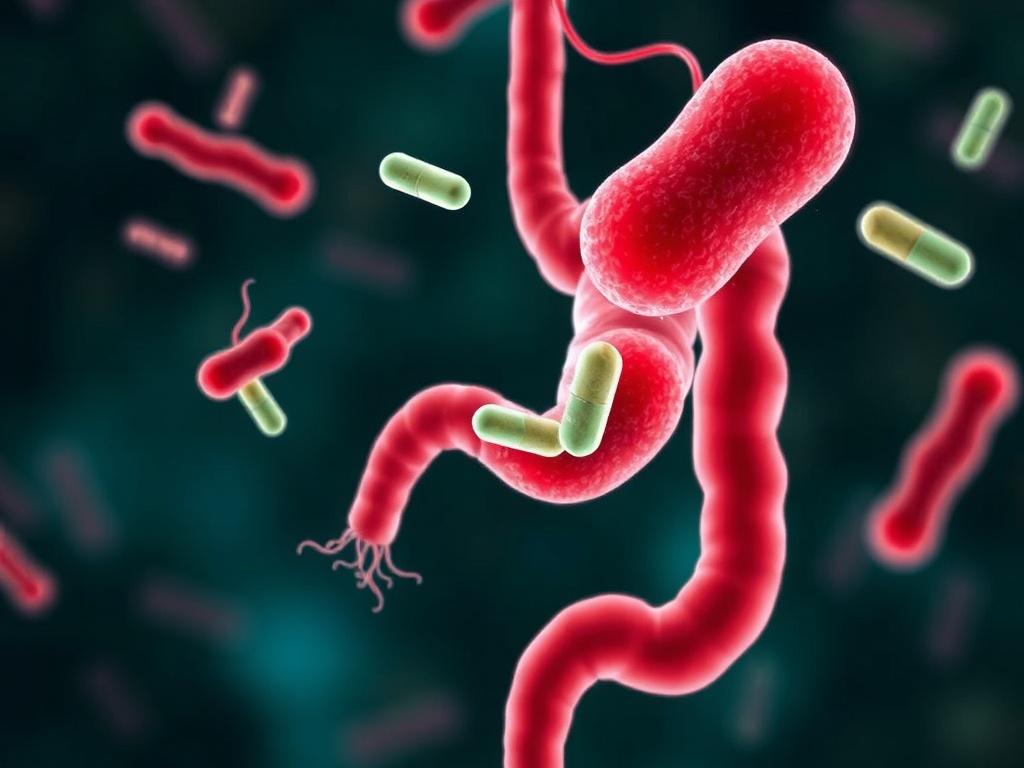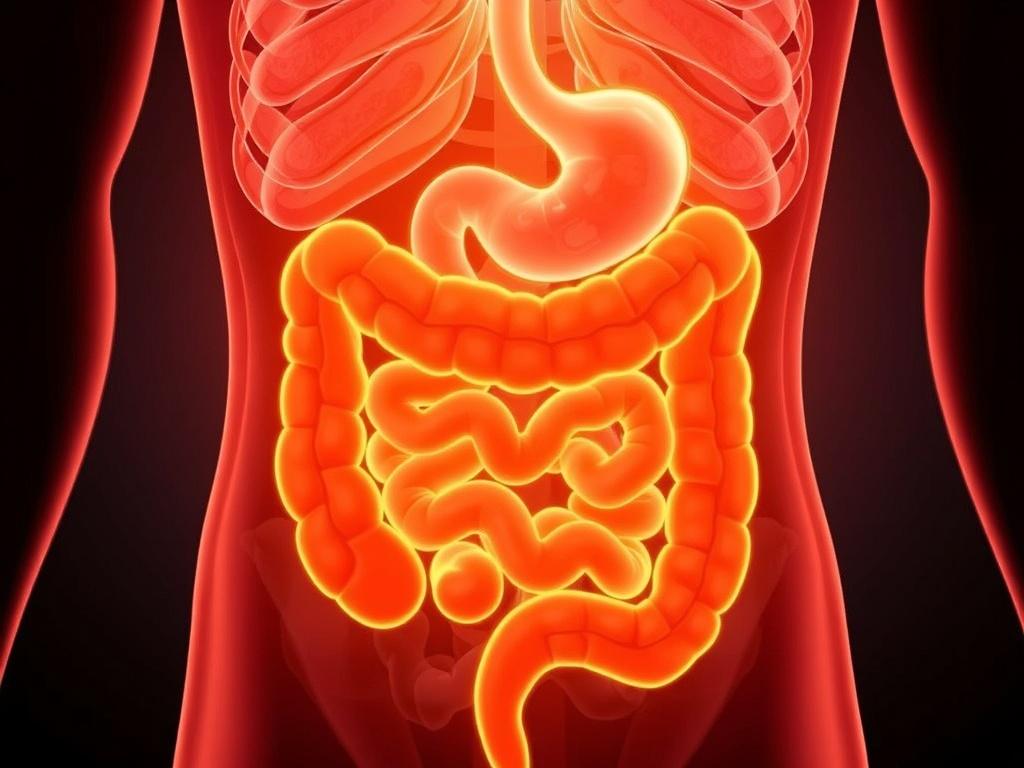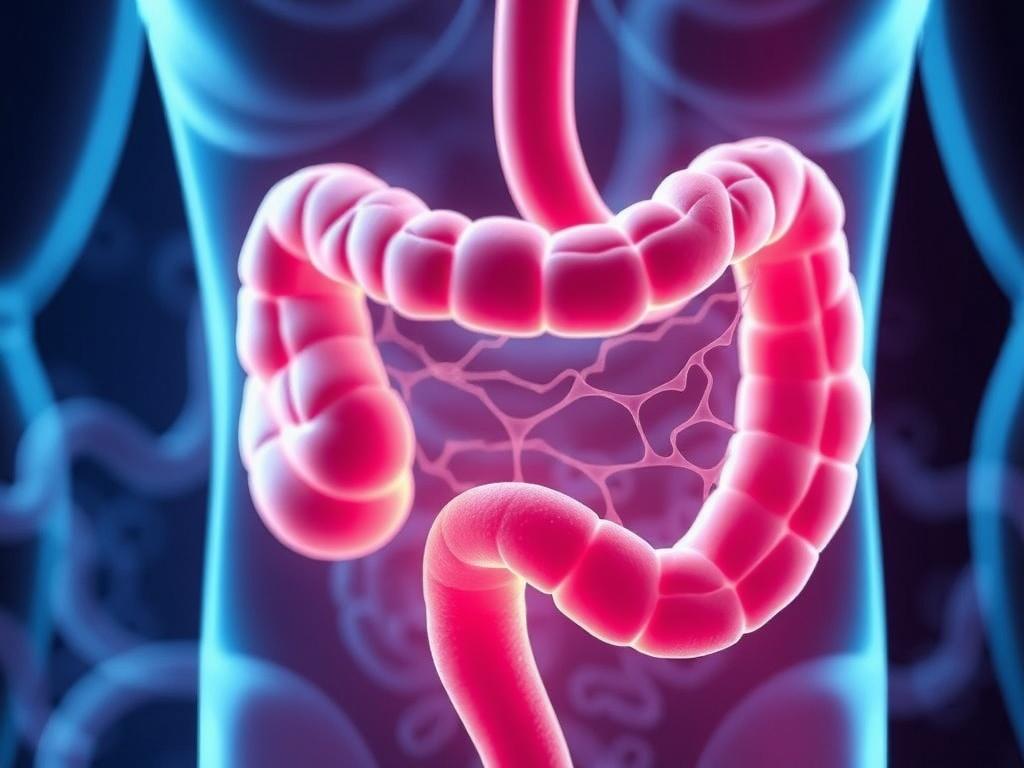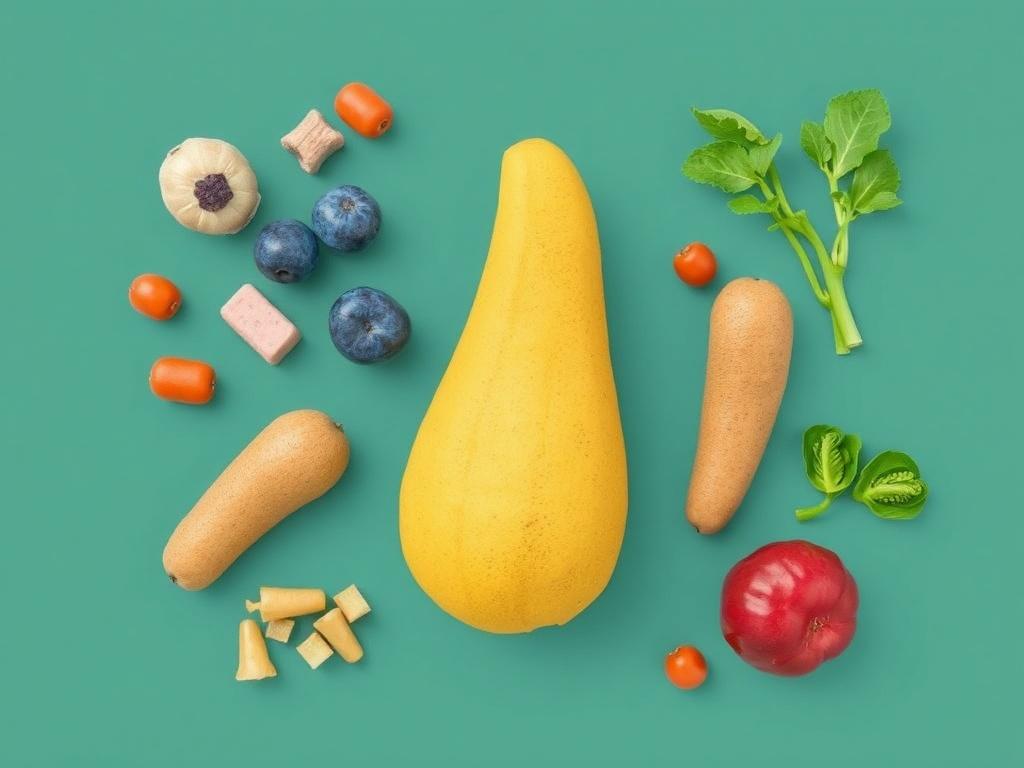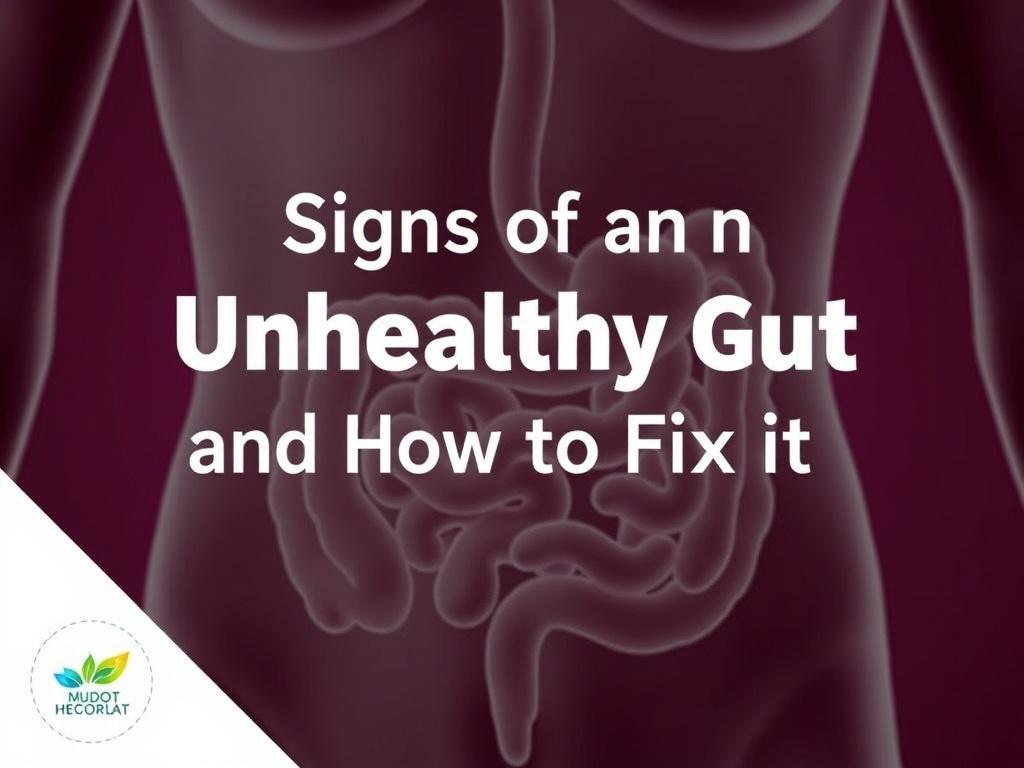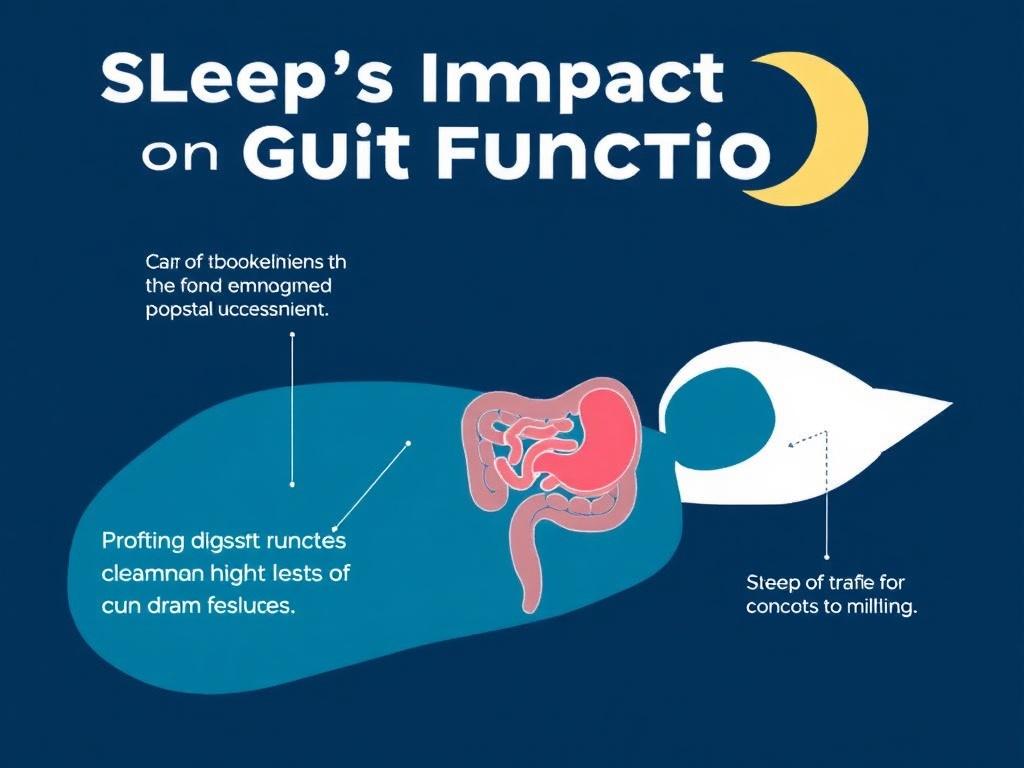Depression is a word we use often — sometimes casually, sometimes clinically — and yet it remains one of the most complex and least understood conditions affecting millions around the world. Over the past decade, a surprising player has entered the conversation: the gut. That buzzing ecosystem inside your intestines — trillions of microbes working away — might be talking to your brain in ways that influence mood, thought patterns, and resilience to stress. In this article I’ll take you on a conversational tour of the science, the promising clues, the uncertainties, and what practical steps might help as we learn more about the link between depression and gut bacteria. Expect clear explanations, real-world examples, and a look at where the research is headed.
Setting the scene: why the gut and the brain are suddenly best friends
If you’ve ever felt “butterflies in your stomach” before a big event, you’ve already experienced one of the simplest expressions of the gut-brain connection. But scientists now know the relationship is far deeper and more biochemical than nervous feelings. The gut and the brain communicate constantly through nerves, hormones, immune signals, and — crucially — metabolites produced by gut bacteria. This two-way line of communication is called the gut-brain axis.
Exploring the gut-brain axis is like opening a new chapter in the story of mental health. Historically, depression research focused on neurotransmitters such as serotonin and norepinephrine, psychotherapy, and social factors. Today, microbiome research adds layers: the bacteria in our gut can change inflammation levels, alter neurotransmitter availability, modulate stress responses, and even influence how we metabolize tryptophan — an amino acid linked to serotonin production. The question becomes: are changes in gut bacteria a cause, a consequence, or both when it comes to depression?
What the gut microbiome actually is
We should start with a straightforward explanation. Your gut microbiome is the collective term for bacteria, fungi, viruses, and other microscopic organisms living primarily in the large intestine. These microbes help digest food, synthesize vitamins, regulate the immune system, and produce signaling molecules that can affect distant organs, including the brain.
Many factors shape your gut microbiome: diet, antibiotics, stress, sleep, exercise, age, birth method (vaginal birth vs. C-section), early-life feeding (breastfeeding vs. formula), travel, and environment. No two microbiomes are identical. That diversity is normal — yet patterns emerge when researchers compare people with different health conditions, such as depression.
How gut bacteria might influence mood
There are several plausible mechanisms through which gut bacteria could influence mood and depression. None of these mechanisms alone is a smoking gun, but taken together they create a persuasive web of interaction:
— Neurotransmitter modulation: Certain gut bacteria can produce or influence substances like serotonin, GABA, dopamine, and norepinephrine. Although most serotonin is made in the gut, it doesn’t cross the blood-brain barrier directly — but its peripheral actions can affect the nervous system and influence mood indirectly.
— Immune system and inflammation: Gut microbes help regulate the immune system. When the microbiome is imbalanced (a state called dysbiosis), it can increase intestinal permeability and provoke systemic inflammation. Chronic inflammation has been strongly linked to depressive symptoms in many studies.
— Metabolites: Short-chain fatty acids (SCFAs) like butyrate, acetate, and propionate are produced by bacterial fermentation of fiber and have protective roles in gut health and immune regulation. Some metabolites can cross the blood-brain barrier or act on vagal afferents to alter brain function.
— HPA axis regulation: The hypothalamic-pituitary-adrenal (HPA) axis controls the body’s stress response. Animal studies show that gut microbes can modulate HPA axis reactivity, which in turn affects stress resilience and mood.
— Neural pathways: The vagus nerve provides a direct channel between the gut and the brain. Signals triggered by gut bacteria can be transmitted via the vagus nerve to brain regions involved in emotion and cognition.
What evidence connects gut bacteria and depression?
Evidence comes from three main directions: animal studies, human observational studies, and interventional trials. Each has strengths and weaknesses, but combined they build a layered picture.
Animal experiments: cause-and-effect clues
Rodent studies were pivotal in sparking interest. In some experiments, germ-free mice (raised without any microbes) show exaggerated stress responses and altered brain chemistry compared to normal mice. Transferring the microbiota from a mouse exhibiting depressive-like behavior into a germ-free mouse can induce similar depressive-like traits — a striking demonstration of causality in animals.
Other animal studies show that certain probiotics can reduce anxiety- and depressive-like behaviors, influence neurotransmitter levels, and normalize HPA axis function. While promising, animal brains and human brains differ, and behavioral tests in animals don’t capture human subjective experience.
Human observational studies: patterns and associations
In humans, many studies have found differences in gut microbiome composition between people with depression and those without. For example, some studies report reduced diversity of gut bacteria in depressed individuals and lower abundance of specific beneficial genera like Faecalibacterium and Coprococcus, which are SCFA producers. Other research links higher levels of pro-inflammatory bacteria with depressive states.
However, observational studies cannot prove causation. Differences in microbiome composition could result from depression-related factors such as poor diet, altered sleep, medications (especially antibiotics and antidepressants), and lifestyle changes. Still, consistent patterns across multiple cohorts strengthen the hypothesis that the microbiome plays a role.
Interventional trials: can changing microbes change mood?
Clinical trials using probiotics, prebiotics, dietary interventions, and fecal microbiota transplantation (FMT) offer mixed but intriguing results.
— Probiotics: Several randomized controlled trials (RCTs) suggest modest mood improvements with certain probiotic strains, often called «psychobiotics.» Results vary by strain, dose, and study design. Bifidobacterium and Lactobacillus species are commonly studied, with some trials showing reduced depressive symptoms or anxiety in non-clinical populations.
— Prebiotics: Non-digestible fibers that feed beneficial bacteria — such as inulin and fructooligosaccharides — have shown effects on stress responses and cortisol in a few small studies, though mood-specific outcomes are less robust.
— Diet: Whole-diet interventions, particularly the Mediterranean diet, have shown mood benefits in RCTs. These diets are high in fiber, polyphenols, and healthy fats, all of which support a favorable microbiome. The SMILES trial (2017) found that a dietary improvement program produced significant depressive symptom improvements compared to social support alone.
— Fecal microbiota transplantation: FMT is in early experimental stages for psychiatric conditions. A few small studies and case reports suggest potential benefits in mood, though it’s too early for conclusive statements.
Overall, interventional data hint that altering the microbiome can affect mood, but evidence quality varies and effects are often modest. Larger, better-targeted trials are needed.
Key mechanisms in more detail
Let’s take a closer look at several mechanisms that several studies highlight. Understanding them helps make sense of why some interventions work and others don’t.
1. Inflammation and immune activation
Inflammation is one of the most consistent biological signals linked to depression. Elevated levels of cytokines like IL-6, TNF-alpha, and CRP have been found in subsets of depressed individuals. The gut microbiome affects systemic inflammation: a healthy, diverse microbiome supports the gut barrier and prevents the leakage of bacterial products like lipopolysaccharide (LPS) into the bloodstream. LPS is a potent immune activator and can trigger systemic inflammation that affects the brain.
When gut barrier integrity is compromised — often called “leaky gut” — immune activation can follow, potentially contributing to depressive symptoms. Thus, interventions that reduce gut permeability and favor anti-inflammatory microbes may help reduce inflammation-linked depressive symptoms.
2. Metabolic products: short-chain fatty acids and beyond
SCFAs produced by bacterial fermentation of dietary fibers are central to gut health. Butyrate, for example, is an energy source for colonocytes and has anti-inflammatory and neuroprotective properties. SCFAs can influence gene expression and brain function through epigenetic mechanisms, neurotransmitter regulation, and immune signaling. Reduced production of SCFAs — often seen with low-fiber diets — may remove a protective influence on mood.
Bacteria also metabolize tryptophan into molecules that influence the kynurenine pathway, which has been implicated in depression. Some kynurenine metabolites are neurotoxic, while others are neuroprotective; the balance may be influenced by microbial activity and inflammation.
3. Neural signaling via the vagus nerve
The vagus nerve carries sensory signals from the gut to the brain. Experiments show that live beneficial bacteria can affect behavior through vagal pathways, and vagotomy (cutting the vagus nerve) can block some of these effects in animals. This suggests that at least some microbiome influences are transmitted via direct neural communication rather than purely chemical diffusion.
4. Neurotransmitter production and modulation
Some gut bacteria synthesize neurotransmitters or their precursors: certain Lactobacillus and Bifidobacterium species can produce GABA, while others influence serotonin availability indirectly. Although many neurotransmitters produced in the gut don’t cross into the brain, they can act locally or modulate immune and neural signals that affect central neurotransmission.
What types of bacteria are often mentioned in depression research?
Research often identifies certain patterns rather than simple “good” or “bad” bacteria. That said, some repeated themes appear:
— Reduced diversity: Lower overall diversity is often associated with worse health outcomes, including some mood disorders.
— Less Faecalibacterium and Coprococcus: These genera are SCFA producers; lower levels are sometimes found in depressed individuals.
— Increased inflammatory-generating taxa: Certain Proteobacteria and other taxa associated with inflammation can be more abundant in depression.
— Shifts in Bifidobacterium and Lactobacillus: Some studies report lower levels, others find no change or increases; effects depend on population, diet, medication use, and more.
Remember: microbiome findings are notoriously variable across studies due to different methods, populations, and confounding factors.
Practical interventions that target the gut-brain axis
If you’re curious about what you can do to support both gut and mental health, here are evidence-informed strategies. These are general recommendations and not replacements for professional treatment of depression.
Dietary approaches
Food is one of the strongest, most practical ways to influence the microbiome.
- Increase dietary fiber: Whole grains, legumes, fruits, vegetables, nuts, and seeds feed beneficial bacteria and increase SCFA production.
- Embrace a Mediterranean-style diet: High in vegetables, fruits, whole grains, olive oil, fish, and legumes — this pattern has been linked to better mood and supports a diverse microbiome.
- Limit ultra-processed foods and high-sugar diets: These patterns are associated with inflammation and unfavorable microbiome shifts.
- Include fermented foods: Yogurt, kefir, kimchi, sauerkraut, and kombucha contain live microbes and may improve microbial diversity and immune function.
Probiotics and psychobiotics
Probiotics are live microorganisms that may confer health benefits. “Psychobiotics” is a term often used to describe probiotics that influence mood and behavior. While promising, results are strain-specific and inconsistent across studies.
- Common strains studied: Lactobacillus rhamnosus, Lactobacillus helveticus, Bifidobacterium longum, among others.
- Effect size: Often modest, more useful as adjuncts rather than standalone treatments for clinical depression.
- Safety: Generally safe for most people, but immunocompromised individuals should consult a clinician.
Prebiotics and fiber supplements
Prebiotics feed beneficial microbes. Some small studies show prebiotics can reduce stress-related cortisol and improve emotional processing. Incorporating a variety of fibers is likely more effective than single supplement solutions.
Physical activity
Exercise benefits mood directly and indirectly by altering the microbiome composition toward higher diversity and increased SCFA producers. Both aerobic exercise and resistance training are beneficial.
Sleep and stress management
Chronic stress and poor sleep disrupt the microbiome and increase inflammation. Mindfulness, cognitive behavioral therapy for insomnia (CBT-I), and other stress-reduction practices can support both brain and gut health.
Medications, antibiotics, and timing
Antibiotics can drastically alter gut microbiota and occasionally trigger mood changes. If antibiotics are necessary, follow your clinician’s advice on probiotics or diet to mitigate long-term impact. Some antidepressants also modulate the microbiome — their mood benefits likely outweigh microbiome effects, but it’s worth discussing with your clinician.
Table: Summary of interventions and evidence for mood improvement
| Intervention | Mechanism | Evidence for mood improvement | Practical notes |
|---|---|---|---|
| Diet (Mediterranean) | Improves microbial diversity, increases fiber and polyphenols, reduces inflammation | Strong—SMILES trial and others show meaningful benefits | Feasible, broad health benefits; best as long-term pattern |
| Probiotics (psychobiotics) | Introduces beneficial strains, modulates neurotransmitters and immune signaling | Mixed—some RCTs show modest benefits; strain-dependent | Choose evidence-supported strains; adjunctive use |
| Prebiotics/fiber | Feeds beneficial bacteria, increases SCFAs | Limited—some support for stress reduction; mood data mixed | Increase whole-food fiber rather than single supplements when possible |
| Exercise | Increases diversity, reduces inflammation, improves brain health | Strong—exercise has robust antidepressant effects | Combine aerobic and strength; start gradually |
| FMT (fecal transplantation) | Transfers entire microbiome | Early—case reports and small trials; not standard for depression | Experimental and requires medical supervision |
| Stress reduction/sleep improvements | Reduces HPA activation and negative microbiome changes | Good—improves mood and supports microbiome | Incorporate CBT, mindfulness, sleep hygiene |
Limitations and things to be cautious about
It’s exciting to think that fixing the gut could fix the mind, but several caveats deserve attention.
Correlation versus causation
Many human studies are observational. While animal experiments suggest causality, translating those findings into humans is complex. Mood disorders arise from genetics, environment, social factors, and life events — microbiome factors are part of a multifactorial picture.
Individual variability
Microbiomes vary widely between people. What helps one person might do little for another. Personalized approaches, possibly guided by microbial profiling in the future, may be necessary.
Study heterogeneity
Differences in study designs, probiotic strains, doses, duration, and outcome measures create inconsistent findings. Some probiotic studies use mostly healthy volunteers with mild symptoms; results in clinically depressed populations are more variable.
Commercial probiotic claims
Not all probiotics are created equal. The supplement industry is partly unregulated in many countries. Products may not contain the listed strains or doses, and health claims are often overblown. Choose products from reputable manufacturers and discuss with a healthcare provider.
Future directions in research
Research is moving fast. Here are some emerging areas likely to shape the next decade:
Personalized microbiome medicine
Researchers aim to use a person’s baseline microbiome to predict which interventions will work best. Machine learning, metabolomics, and integrated “omics” approaches could help tailor dietary, probiotic, or drug treatments.
Microbial metabolites as therapeutics
Instead of trying to shift whole communities, scientists are studying specific microbial metabolites (like butyrate analogs) that can be administered or enhanced through diet to exert desired effects.
Targeted psychobiotics
Rather than general probiotics, future products may use engineered or well-characterized strains with specific neuroactive properties. Such approaches would require strict clinical testing and regulation.
Large, rigorous clinical trials
We need larger randomized controlled trials in clinical populations with standardized outcomes, adequate durations, and attention to confounders like medications and diet.
Practical, step-by-step suggestions for someone worried about depression and gut health
If you’re reading this because you or someone you love is dealing with depression and you want to optimize gut health as part of a broader plan, here’s a practical checklist to discuss with your healthcare provider or use personally:
- Rule out immediate medical issues: Ensure medical evaluation for thyroid problems, vitamin deficiencies, infection, or medication side effects that can mimic depression.
- Prioritize professional mental health care: Use evidence-based treatments such as psychotherapy (e.g., CBT) and, if appropriate, medications. Gut-targeted strategies are adjuncts, not replacements.
- Adopt a gut-supportive diet: Focus on a Mediterranean-type pattern rich in fiber, fruits, vegetables, whole grains, legumes, fish, and healthy fats.
- Increase fermented foods and diverse plant foods: Aim for a variety of fibers and some fermented foods weekly.
- Consider targeted probiotic use: Discuss with your clinician. Try evidence-backed strains short-term and monitor mood changes.
- Manage stress and sleep: Integrate mindfulness, CBT techniques, and consistent sleep routines.
- Exercise regularly: Even modest consistent activity (30 minutes most days) helps both mood and microbiome diversity.
- Avoid unnecessary antibiotics: Use only when medically required and discuss supportive measures if they are needed.
- Be patient: Microbiome changes and their mood effects can take weeks to months to appear; track symptoms and lifestyle adjustments over time.
Stories that help make sense of the science
Science speaks in numbers, but stories make ideas stick. Here are two composite, anonymized examples that reflect common experiences:
Story 1: The young professional with a diet overhaul
Maya, a 32-year-old software engineer, noticed low-grade depressive symptoms: low energy, social withdrawal, and difficulty concentrating. She usually ate fast food, skipped breakfast, and drank a lot of coffee. Her clinician recommended cognitive therapy and suggested dietary changes as part of treatment. Over months she adopted a Mediterranean-style diet, started morning walks, and added yogurt and kimchi a few times a week. Her energy and mood improved markedly. While it’s impossible to attribute improvement to one change, the combined effects of improved nutrition, increased physical activity, and therapy created a positive spiral — and her gut-related symptoms, like bloating and irregular bowel habits, improved too.
Story 2: The scientist exploring probiotics
Ken, a 45-year-old researcher with recurrent depression, read about psychobiotics and tried a commercially available probiotic claiming to help mood. After eight weeks he noticed slight improvement in anxiety but not in core depressive symptoms. He then focused on broader lifestyle changes — more fiber, regular exercise, and sleep therapy — and his symptoms responded better. He concluded the probiotic might have helped a bit, but it wasn’t a standalone solution. His experience mirrors many clinical observations where multi-modal approaches work best.
How to evaluate new headlines and supplements
You’ll see plenty of headlines claiming that a probiotic or specific food “cures depression.” Here are quick tips to assess such claims:
- Look for randomized, placebo-controlled human trials rather than animal studies alone.
- Check whether the study used clinically depressed participants or only healthy volunteers.
- Note the size and duration of the study — small, short trials provide weaker evidence.
- Investigate conflicts of interest — industry-funded studies may have bias.
- Remember that small mood changes in a trial may not translate to meaningful clinical improvement for everyone.
When to seek professional help
If you or someone you know experiences persistent low mood, loss of interest, changes in sleep or appetite, suicidal thoughts, or significant functional impairment, seek professional help immediately. Gut-focused strategies are adjuncts; they should complement, not replace, professional diagnosis and evidence-based treatments.
Red flags that need urgent attention:
- Thoughts of harming yourself or others
- Severe decline in functioning at work, school, or home
- Inability to perform basic self-care
- Signs of severe physical illness along with mood changes
Recap: where we stand today
The relationship between depression and gut bacteria is a rapidly evolving field with exciting potential. Animal studies provide strong causal clues. Human observational studies show consistent differences in the microbiomes of depressed versus non-depressed individuals, and interventional trials — particularly dietary interventions and some probiotics — offer initial evidence that altering the gut can influence mood. However, the science is not yet definitive: individual variability, study heterogeneity, and complex interactions among genetics, environment, and lifestyle mean we’re still far from simple prescriptions.
What to watch for in coming years
Expect to see larger clinical trials, better-defined psychobiotic products, personalized approaches guided by individual microbiome profiles, and a clearer understanding of microbial metabolites as therapeutic targets. Integration of microbiome-based interventions with psychotherapy, pharmacotherapy, and lifestyle medicine may become a standard holistic approach to treating depression.
Conclusion
Connecting the dots between depression and gut bacteria has opened an exciting chapter in mental health research. While gut microbes aren’t a magic cure, they are an influential part of a complex system that shapes mood, stress resilience, and brain health. Practical steps — a fiber-rich diet, regular exercise, stress management, adequate sleep, and selective use of probiotics under medical guidance — can support both the gut and the mind. For those living with depression, these strategies may serve as valuable complements to established treatments. Above all, the message is one of cautious optimism: the microbiome offers promising pathways for new treatments and personalized care, but we need rigorous human trials and careful implementation to realize that promise responsibly.
Читайте далее: